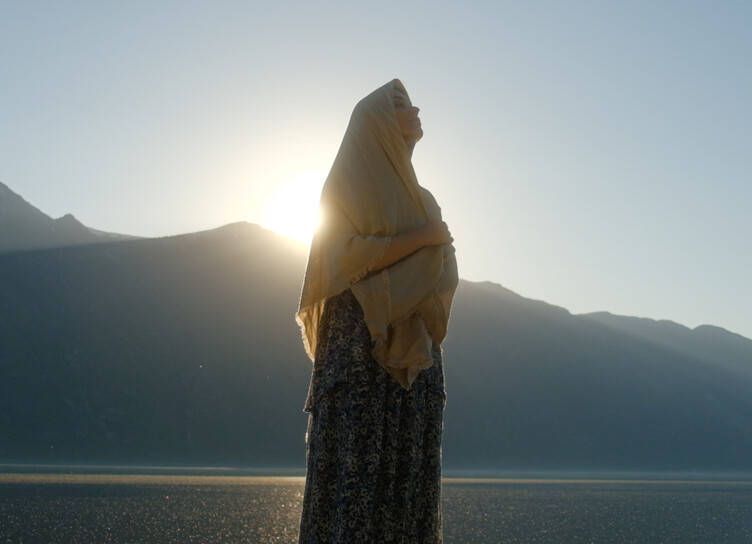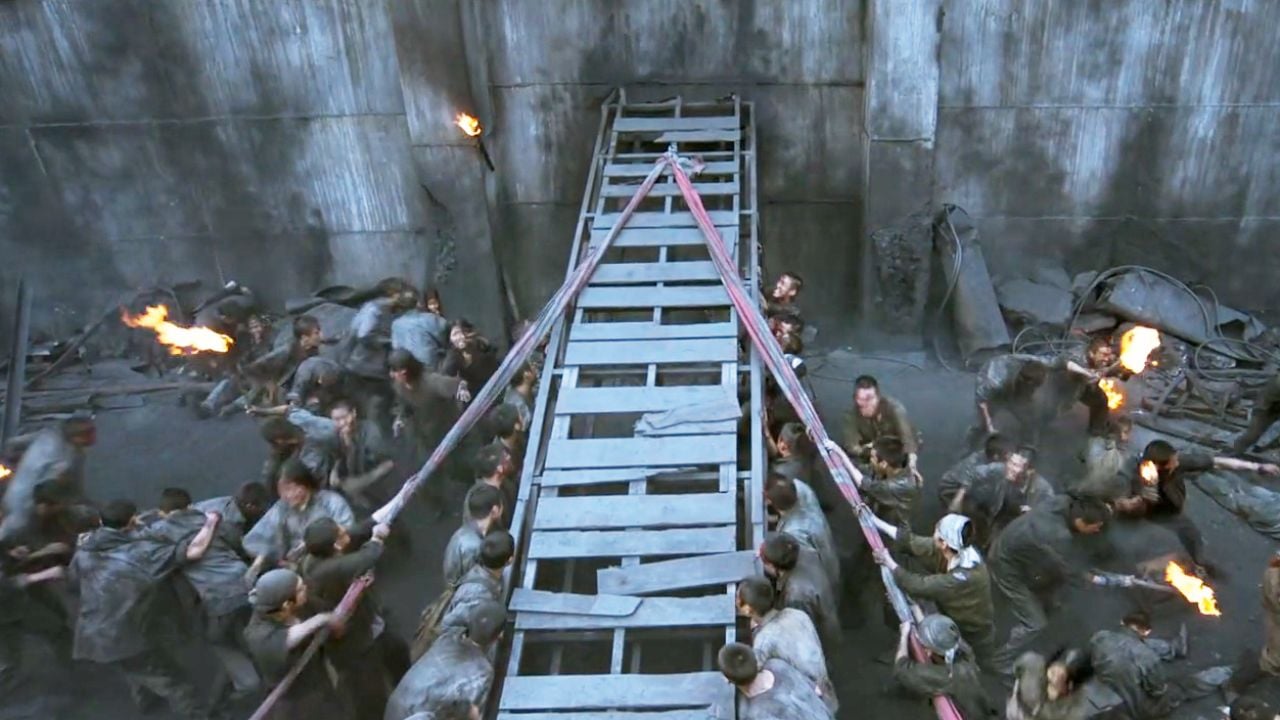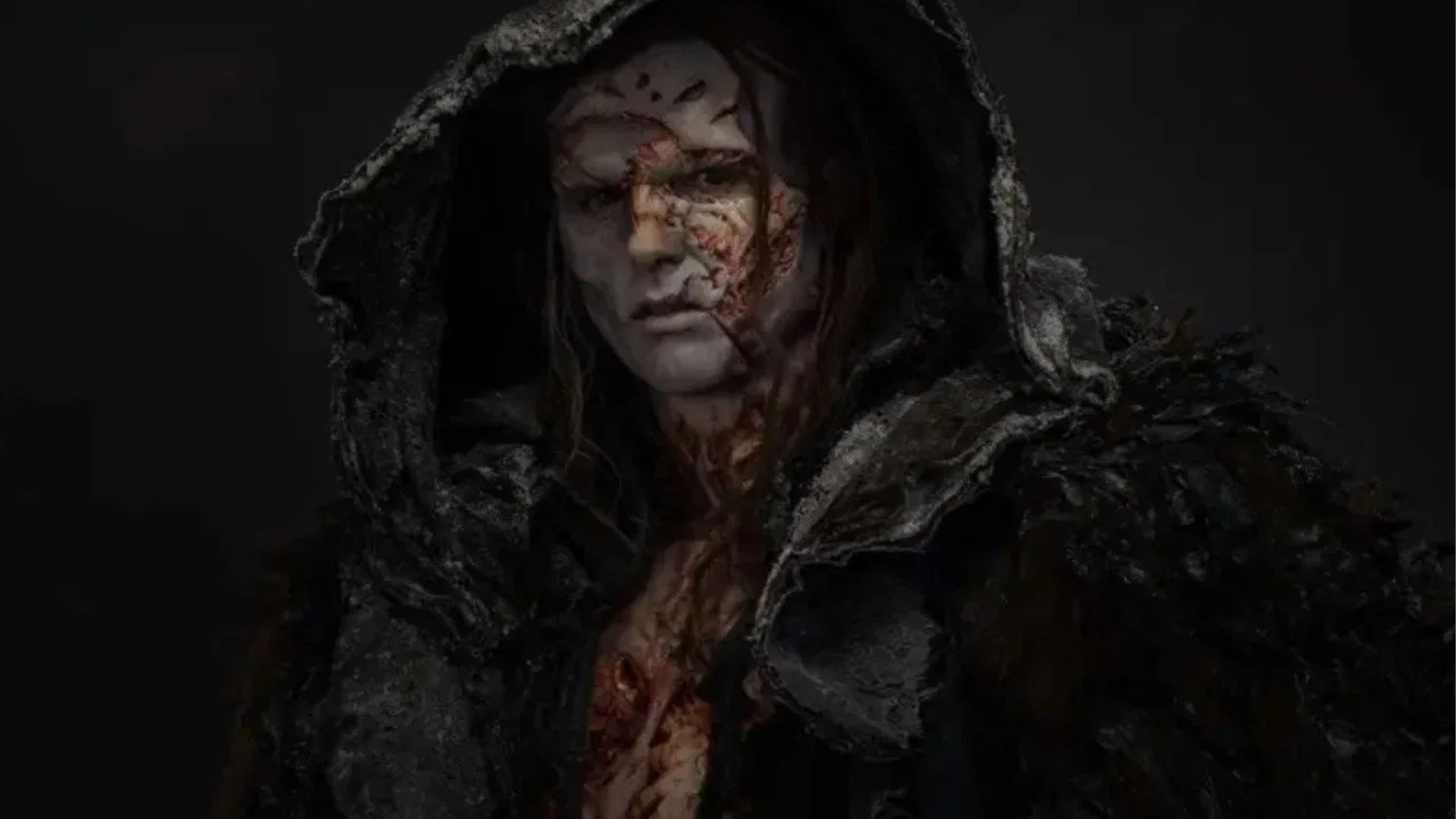______________________________
“Women of Altai” (2023)
Directed by Irina Muromtseva
The debut documentary film by TV presenter Irina Muromtseva tells about the Altai Republic. But this is not a visual film about the region and its position in the modern world, but a contemplative canvas about the subtle connection of local residents with pristine nature and folk culture. Four unique heroines – Raisa Kuchuganova, Marina Tokhtonova, Natalya Shichkova and Svetlana Shilova – will share their personal feelings and stories about places of power. These stories, although they are woven from the words of the modern Russian language, according to the rhythmic pattern and slowness of the narration, become like ethnic chants that take thoughts away from the vain to the eternal. Long shots make it possible to see the fields bathed in the sun, the cold and clean mountain air is filmed so tangibly, as if Altai itself is about to leave the screen in real life.

“Touch of the Wind” (2016)
Directed by Elena Demidova and Olga Vermeeva
The film “Touch of the Wind” was filmed at the intersection of documentary and feature films. An elegant actress (Julia Aug) from Moscow, having received terrible news, understands that it is time to solve unfinished business. A woman goes to Buryatia, where a piece of the past is hidden. This storyline is framed by a different story: the film crew arrives on location and prepares to create the film itself, and the leading lady reflects on the character and the internal state of the film’s creators. Both actresses go through a difficult path towards an unfamiliar culture, closely associated with spiritualized nature, and, most importantly, to finding inner harmony and calmness in the face of the unknown future. The key place of the two stories is the Ivolginsky datsan, where difficult conversations will take place for both women.

“Unclenching Fists” (2021)
Directed by Kira Kovalenko
Ada lives with her father and younger brother in the Ossetian city of Mizur. The girl obediently obeys her father. After the tragic incident, parental care has become so strong that sometimes Akim’s adult children are deprived of the opportunity to leave the house. Once the elder brother, who fled to Rostov, promised to take his sister with him. But does everything in life go as planned? The laconic, constrained Ada independently comes to an understanding of her self and her real needs. A quiet rebellion is not a provocation, but a desperate desire to live, contrary to prejudice and without regard to the painful past.

“Fairy” (2020)
Directed by Anna Melikyan
A successful computer game developer, Evgeny Voigin (Konstantin Khabensky), is unhappy in life. As happens in fairy tales, a man meets an amazing kind activist Tanya (Ekaterina Ageeva). The girl does not have wings or a magic wand, but she turns out to be a real sorceress for Voigin, because she helps to establish contact with her withdrawn daughter. The miracles don’t end there. The multifaceted “Fairy” combines the author’s searches of Melikyan: from the deliberate naivety of the narration to the painful search for faith by the characters. Here, in the center of the plot, the heroine is again, different from the outside world. Tanya is driven by one love, for which she is even ready to sacrifice herself – this is the meaning of existence.

“The sun does not set above me” (2019)
Directed by Lyubov Borisova
The young video blogger Altan is forced to go to a long part-time job as a watchman. The only outlet in the outback is the Internet. As usual, in these parts there is an old house with ghosts. The brave young man goes to check the legend, but the empty building is inhabited not by spirits, but by the weak old man Baibal. Altan decides to create a channel with a new acquaintance. Gradually, a strong and touching friendship of generations is born between the characters against the backdrop of quiet nature. It is from Borisova’s sentimental and kind “The sun does not set above me” that one should begin acquaintance with the Yakut “new wave”. After all, what determines the course is combined here: attention to cultural heritage, religion and neighbors, work in their native lands with local actors, and most importantly, the ability to tell an honest story about ordinary people that can touch every viewer.

Source: Hellomagazine
Rose James is a Gossipify movie and series reviewer known for her in-depth analysis and unique perspective on the latest releases. With a background in film studies, she provides engaging and informative reviews, and keeps readers up to date with industry trends and emerging talents.







